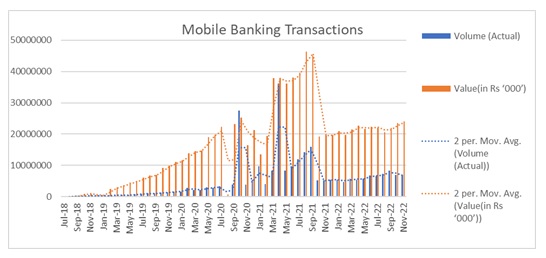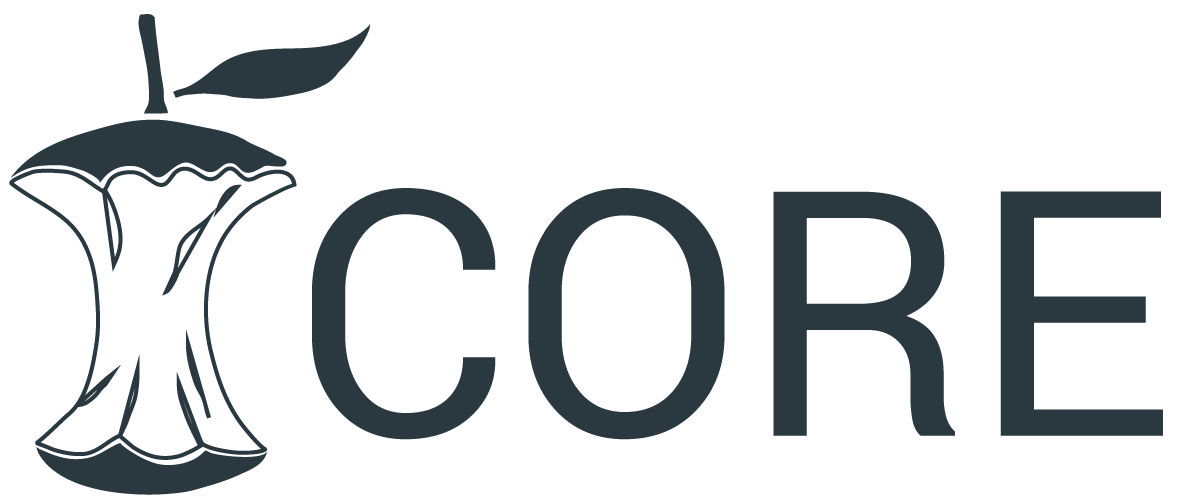Impact of Payment Bank in Financial Inclusion: A Case Study of India Post Payment Bank
DOI:
https://doi.org/10.54741/mjar.2.6.5Keywords:
financial inclusion, differentiated banks, remittances, ippb, aeps, interoperable doorstep banking services, less cash economyAbstract
Financial inclusion is nothing but providing the banking facilities to all at an affordable cost. It has been a vital challenge for Govt. of India and other financial regulators for a long time in spite of taking many initiatives. Derivation of payment banks emerged with the first budget speech of the Hon’ble Finance Minister; Mr. Arun Jaitley mentioned “RBI to create a framework for licensing small banks and other differentiated banks”. Considering socio-economic condition across the length and breadth of the country, Payment banks with special guidelines have been injected in the banking platform to be fully networked and technology driven in order to accelerate the periphery of financial inclusion by providing especially remittance services to the unbanked. This study attempts to review the parameter of financial inclusion and find the impact of India Post Payment Bank (IPPB) in financial inclusion. The present study is exploratory and descriptive in nature based on secondary data. The results show a positive impact on financial inclusion by IPPB as it leverages its Aadhaar enabled Payment System (AePS) services, interoperable doorstep banking services and huge network of postal employees. This can be forecasted that it will ignite the digital financial inclusion drive in isolated areas and erect an economy without cash based.
Downloads

Published
How to Cite
Issue
Section
License
Copyright (c) 2022 Dipankar Mondal

This work is licensed under a Creative Commons Attribution 4.0 International License.
Research Articles in 'Management Journal for Advanced Research' are Open Access articles published under the Creative Commons CC BY License Creative Commons Attribution 4.0 International License http://creativecommons.org/licenses/by/4.0/. This license allows you to share – copy and redistribute the material in any medium or format. Adapt – remix, transform, and build upon the material for any purpose, even commercially.









